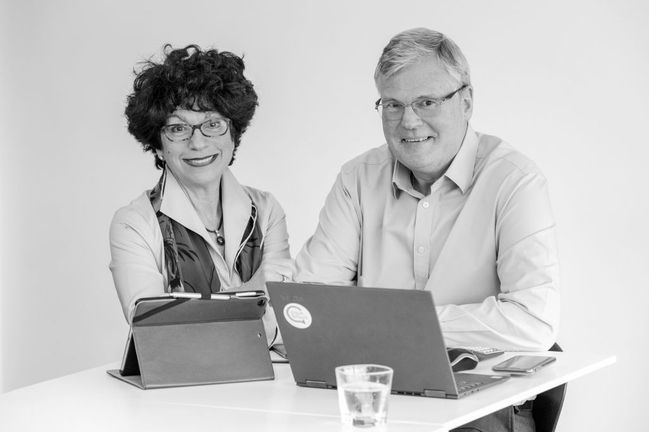30 second summary:
The second article in our Returning to Work series following Covid-19 lockdowns looks at how mindset affects employees as they return to the co-located workplace.
Frames by client discussions, this article explores how different organisations have organised themselves during lockdowns, and how this impacts how people feel about returning to offices.
In our 3-part series about what the new workplace looks like, we have spoken with a number of clients across the UK and EU to understand what companies are doing differently to share some key learnings.
The second article in our series looks at the frame our mindset takes as a business, with distinct contrasts in how organisations have organised themselves during the lockdown, and how this will have a bearing on how people feel about returning to offices.
In reviewing frame of mind towards the return to work, three categories emerge:
Organisations that have continued almost as normal.
These have all embraced masks and social distancing, with some also adding regular temperature checks. Some have also created “bubbles”.
Examples: Hospitals have maintained full front-line staffing. Some global manufacturers have maintained plants and offices open. Data centres and many security firms have continued normal office-based working for service providers.
“Compliance” professionals (accountancy firms, banks and law firms) have maintained skilled workers. Supermarkets have even increased front-line workers.
Even so, in many cases some administrative staff were furloughed and are only slowly returning to shared offices.
Businesses supplying key services that have continued with skeletal staff to fulfil service/ maintenance commitments.
For these, a major challenge has been to develop the flexibility of the lean retinue of retained staff to satisfy customers’ needs and expectations.
Businesses that have fully “moth-balled” their premises to conserve cash given an inability to operate.
These include those in hospitality, health & leisure and physical retail as well as several businesses serving end-customers in home settings (e.g. domestic cleaning agencies). To a slightly lesser extent, travel/flight operators also fall into this category. They’ve had little alternative as governments’ lockdowns forced closure of such establishments.
The results of the mindset
Home-working
For those in the first two categories, many have shifted staff completely to home-working. And from this a silver lining has begun to emerge. The pandemic has shown that many can do their jobs from home.
Mental health
Mental health has nevertheless been an issue, particularly for those living alone and in small accommodation without access to nature. Separation between work and home life has also suffered with many working much longer hours, not know how/when to cut-off.
Productivity
Notwithstanding, anecdotal evidence indicates that productivity has improved as:
- Many people have discovered better work/life balance, regular exercise and healthier eating regimes
- Employers have listened more to their people than before to find better ways to deliver targets
- Teams have discovered the flexibility of online platforms (Zoom and Teams) for ongoing and regular (for some greater) collaboration.
How do people really feel?
So, with such wide-ranging results of the selected mindset of the business, how do people really feel about returning to the workplace? Are they keen to return to the office? Have they missed the motivation and team camaraderie? Does their job fit more comfortably into their life, remotely? Are they questioning the length of their commute into the office? Have they enjoyed extensive family time? Or are they worrying about their livelihood?
With such uncertainty around the economy and even the physical return to work, which is still so opaque, it is important now, more than ever, to provide engagement for your key performers and confident direction for your teams.
Let us know about your plans to return to the workplace – or perhaps to embrace a complete step-change in how your company operates.

Book an exploratory call to find out how we can help you unlock your business potential.
Don't miss our latest insights
Subscribe to our Resource centre
Other articles that may interest you:

12 Ways to Improve Wellbeing in Organisations
Great organisations have long known the value of creating great places to work. In the war for talent and the quest to constantly improve productiv...
Read more
Returning To Work After Lockdown? Challenges, Drivers & Learnings
In this final article of our 3-part Returning to Work series, we visit the challenges some of our clients face in returning staff to the workplace;...
Read more
What Does ‘Returning To The Office’ Post-Lockdown Really Mean To Us All?
In our 3-part series about what the new workplace looks like, we have spoken with a number of clients across the UK and EU to understand what compa...
Read more